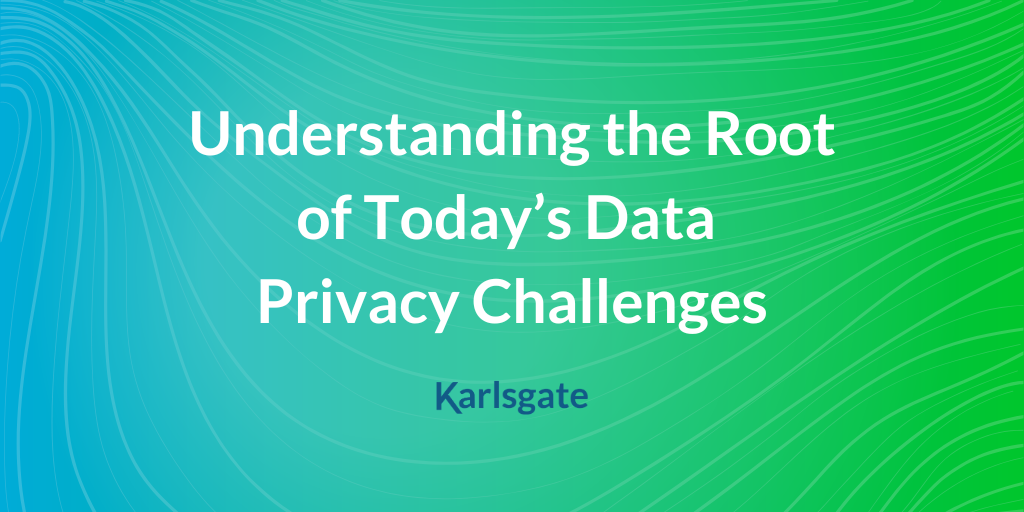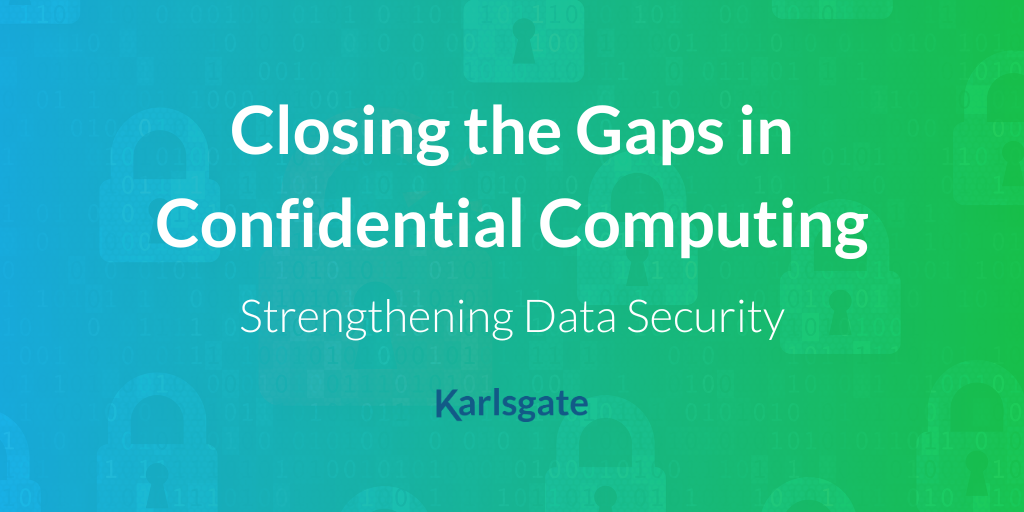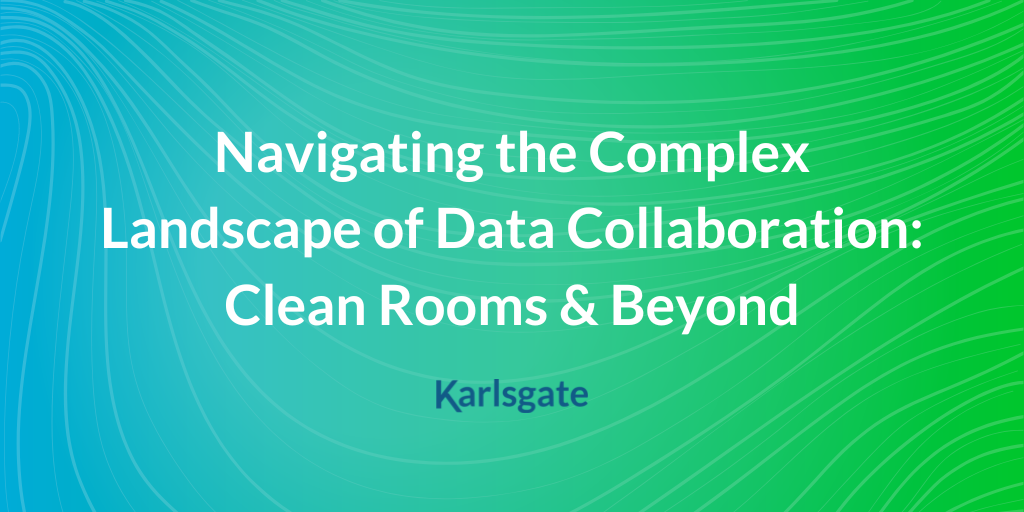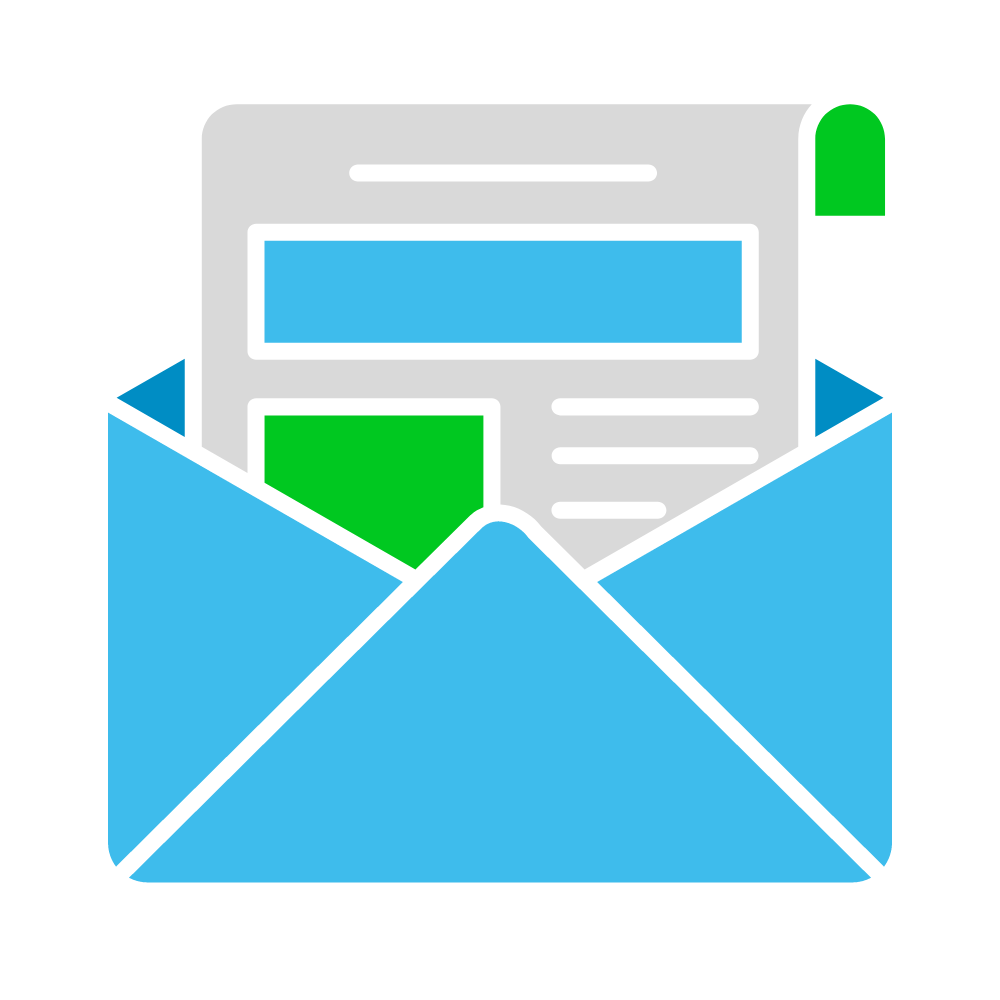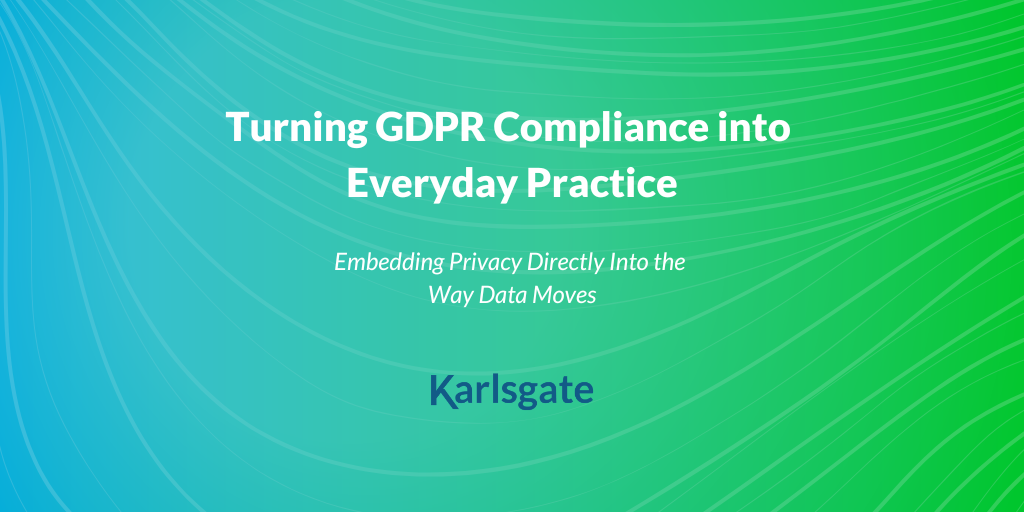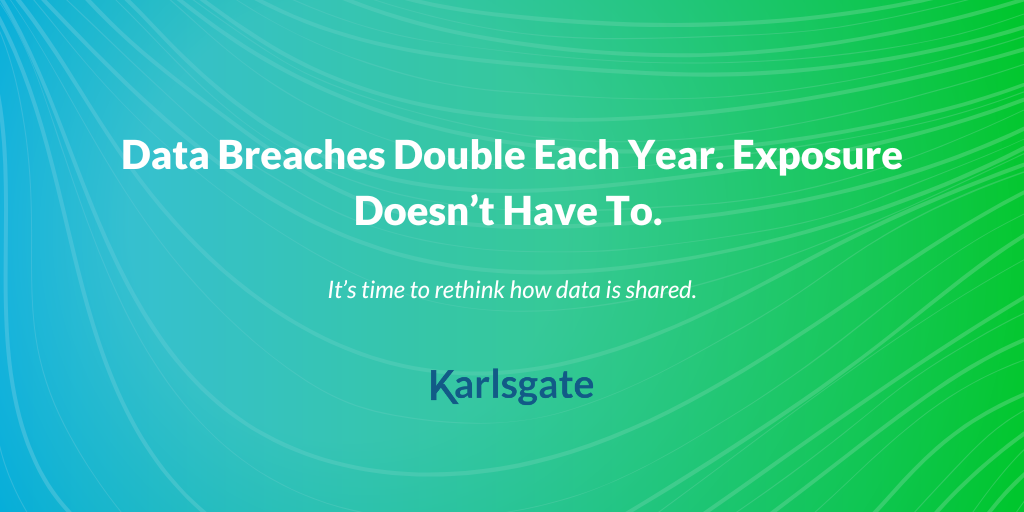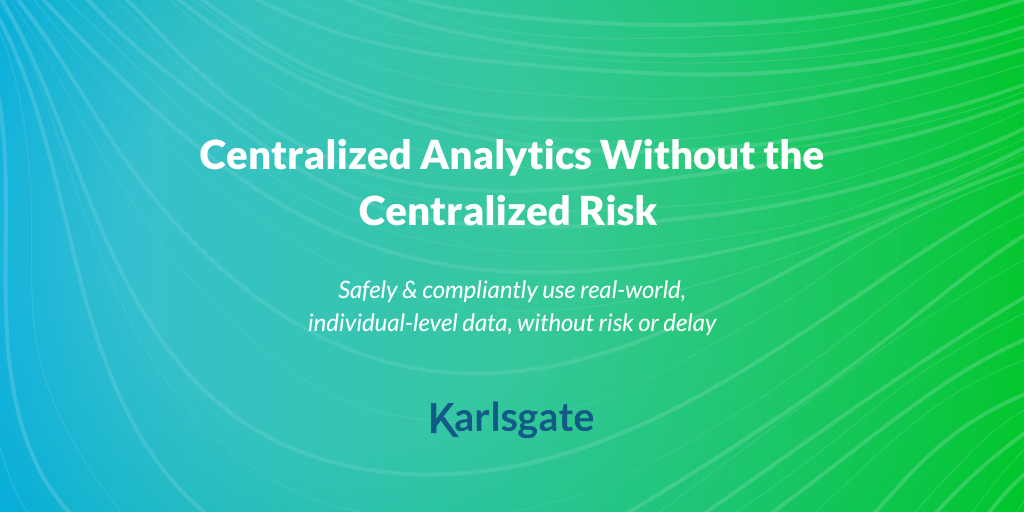The upcoming privacy act in Australia is poised to significantly impact current marketing and advertising practices. This is a positive step towards protecting consumer privacy, but it also raises...
Data sharing is common across industries, but for healthcare in particular, it’s vital. Even before a word is spoken between doctor and patient, data sharing in healthcare begins when a patient fills out forms prior to their visit. Individual patient data is essential to every facet of healthcare from diagnosis to treatment. Beyond that, patient data is all-important to research as well. Take Henrietta Lacks, for example, whose cell lines have been invaluable to cancer research over multiple decades. And yet, the story of Henrietta Lacks demonstrates a core concern with individual and private health data – how to keep it safe, secure, and anonymous.
Henrietta Lacks’ cancer cells were first harvested in 1951. It wasn’t for another 45 years that HIPAA laws clearly established the need to ensure patient privacy when it comes to individual medical records and personally identifiable information (PII). Maintaining the privacy of PII is important, but the impact of data protection on healthcare research is undeniable.
Despite the need for privacy and security, the demand and need for data hasn’t diminished. In fact, we get better and better at gathering data from a variety of sources, and so the time has come to explore how we can improve data sharing in healthcare while ensuring both efficiency and HIPAA compliance.
Data Security in Healthcare
Big data is everywhere and, even with the current limitations, healthcare data is still being collected in massive amounts. However, much like financial regulations, the regulations that protect healthcare data limit what is shared and how it is shared among practitioners, organizations, providers, and researchers.
Patient confidentiality and dignity are critical in the healthcare field. Ensuring data security is, first and foremost, essential to maintaining the ethical standards that are the hallmark of the healthcare industry.
The Hippocratic Oath, taken by all doctors, focuses on ethics and includes the famous dictum, “First, do no harm.” Undeniably, the release or leak of private healthcare information has the potential to do irreparable harm. With a firm focus on ethics, healthcare data is secured for the well-being of the patient and to help establish and foster doctor-patient relationships which are built, first, on trust.
While personal healthcare data is valuable to an individual, their doctors, and the healthcare community, it’s also incredibly valuable on the black market. That value means data breaches continue to increase month-over-month and year-over-year. The costs of those breaches are significant in terms of financial, reputational, and legal consequences.
But, let’s go back to The Hippocratic Oath which also states “I will respect the hard-won scientific gains of those physicians in whose steps I walk, and gladly share such knowledge as is mine with those who are to follow.” And thus, we have a very modern problem: the clash between ethical codes, legal regulations, and the need to share data to move healthcare initiatives, both personal and public, forward.
The collective goal then becomes finding ways to secure healthcare data and to do so in a way that makes sharing more efficient while maintaining the highest level of security possible.
Healthcare Opportunities Created Via Data Security
As important as HIPAA is, it’s no secret in the healthcare community that the regulations and need for data security slowed the digital transformation. There hasn’t, until now, been a safe way to connect data to individuals; data is typically aggregated to preserve anonymity, but at the cost of accuracy. The problem is, aggregated data may be safer data, but it’s also less precise data.
However, improving the ways in which big data is leveraged has the potential to change healthcare in crucial ways including:
Patient care and outcomes- More data means a faster, more accurate diagnosis, leading to improved care, more positive outcomes, and better overall population health.
Pharmaceutical and treatment development- Pharmacogenomics relies heavily on upon individual data to tailor medications and treatments to individual physiology.
Improved operations and efficiency- Healthcare organizations everywhere are short staffed and trying to do more with less. Improving resource efficiency and streamlining operations relies on understanding trends and data regarding admissions and diagnosis trends. For example, when COVID-19 struck, data regarding peaks and hot spots was invaluable in helping regions prepare, as best they could, for patient volume increases.
Enhanced forecasting and planning- Like being prepared with the appropriate staff, the ability to gather data on chronic disease rates, regional health issues, and population demographics helps healthcare organizations be prepared with the right resources, like diagnositc tests, medications, and specialists .
Decreased costs- All of the aforementioned benefits can lead to decreased overhead and costs. Through better preparation and resource allocation, as well as improved outcomes and more accurate diagnoses, healthcare organizations have a huge opportunity to realize cost savings.
Those are some incredible changes and advancements enabled by big data in healthcare, but it’s even bigger than that. Elevated and improved data security in healthcare facilitates some changes that medical researchers have long been seeking.
Patient 360
Healthcare interoperability enables more efficient care from an individual patient’s whole team of providers, from their primary care physician, to specialists they see, who all need the full picture of their patient’s health to provide optimal treatment. Secure data-sharing between these providers arms them with the tools to see a 360° view of their patient, resulting in better outcomes. Without enhanced data security, the current methods for retrieving PHI associated with a patient or exchanging patient records between providers on their care team is risky, as the data has the potential to be reidentified during and after the transfer is complete.
Improved clinical trials for rare diseases
Data regulations prove to be an added challenge in a space that already has limited access to data: clinical trials for rare diseases. Currently, these types of clinical trials have access to a small pool of patients; those pools are limited even further by the need to keep data secure, especially during the regular sharing and transfer of data when it is most vulnerable. In trials where individual patient data is especially valuable due to its scarcity, privacy protections such as data aggregation can hinder the accuracy and speed of important research. If researchers can more easily secure the PII, they can use these essential data elements that would otherwise be unavailable to aid in their research and improve trials and outcomes for these vulnerable patient populations.
Decentralized trials
Much of big data these days comes from dispersed technology enabled by edge computing, the IoT, wearable devices, and more. However, due to data security concerns and constraints, it’s difficult for healthcare organizations conducting trials to access this information. Data sharing and connectivity, and the risks associated with it, limit the data that researchers can collect. Often, they’re limited to specific regions and populations, even when the data is available for a wider variety of sources/patients.
With the elevated security enabled through cryptography and triple-blind facilitation, researchers will be able to leverage data from these numerous dispersed locations meaning they are no longer limited to a select set of large research facilities in a single location. Instead, data can be gathered from across the country, or even the world, and shared through using zero trust applications; permanently ensuring the highest level of data security.
How Karlsgate Technology Simplifies and Secures Healthcare Data Sharing
It’s with an eye on these potential uses, in healthcare and medical research, that Karlsgate leveraged and enhanced existing security methodologies to provide the first, true zero-trust mechanism for sharing valuable data without the risk of exposure, breach, or re-identification.
Cryptoidentity technology and triple blind facilitation puts Karlsgate, and your healthcare organization, at the cutting edge of data sharing by connecting data sharing partners with a privacy and HIPAA compliant tool. While healthcare has often been behind in digital transformation, delaying research and impeding communication across the healthcare ecosystem, cryptoidentity safely opens the door for healthcare’s ramp up to digital transformation.
If you’re ready to talk about how Karlsgate can help your healthcare organization and your patients benefit from the era of big, then book a demo with our team. Share patient healthcare data with more security, precision, and accuracy using our elevated data sharing and connectivity security mechanisms.

